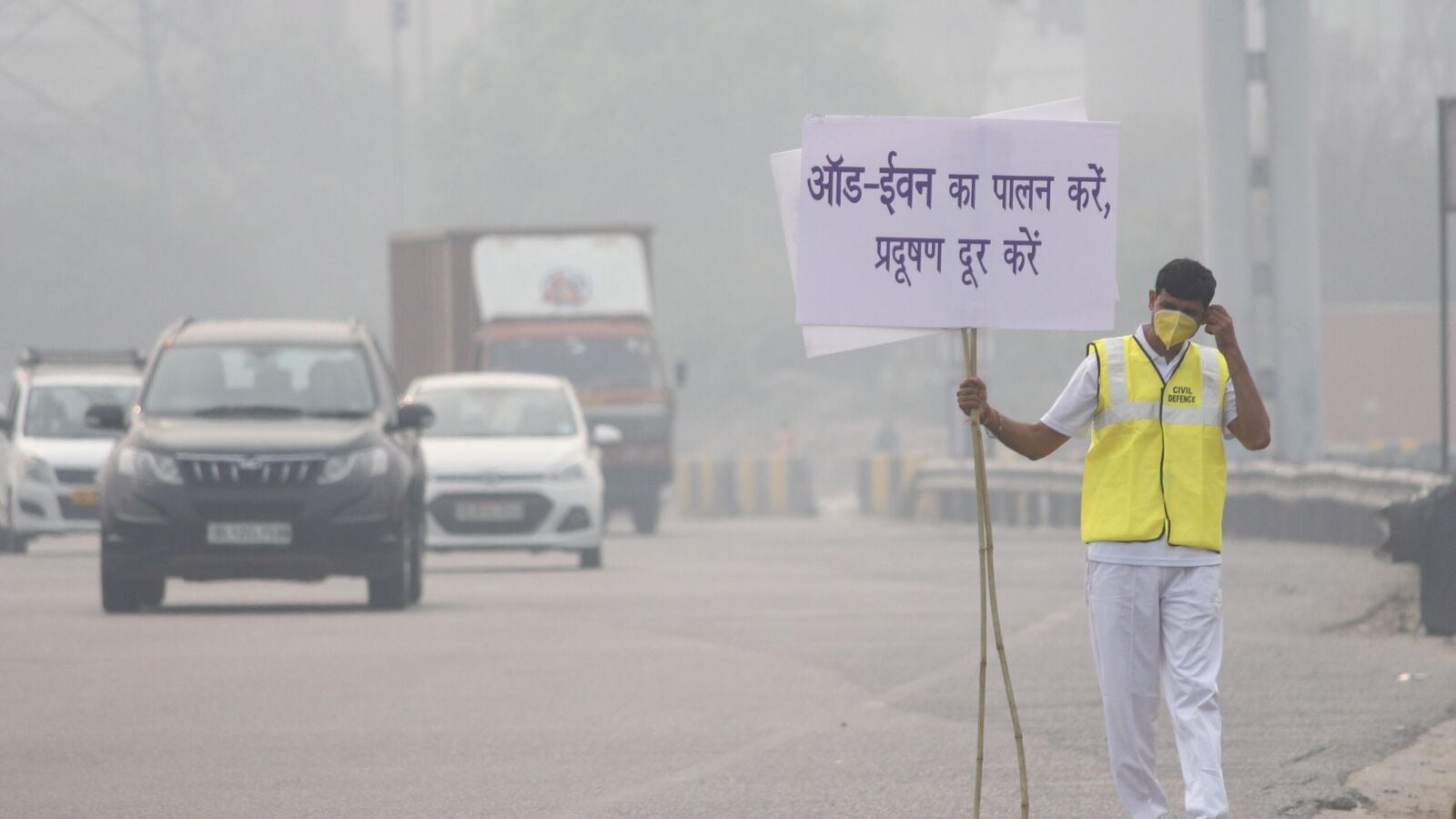- To deal with the rising pollution levels, Delhi NCR is currently under GRAP Phase 4 which restricts the movement of certain vehicles.
The ban on BS-III petrol and BS-IV diesel cars will continue in Delhi as the restrictions were extended to Stage 4 from Monday (November 18) under the Graded Response Action Plan (GRAP) to tackle rising pollution levels in the Delhi NCR region. Has gone. The air quality index (AQI) in Delhi has crossed the 450-mark for the first time this season and reached the severe plus category as heavy smog blanketed the entire region. GRAP Stage 4 will mean increased restrictions on vehicles, including private cars, that can ply in Delhi NCR during this phase.
The ban on BS-III petrol and BS-IV diesel cars was implemented last week when GRAP Stage 3 came into effect. These vehicles, which do not comply with the existing emission norms, will continue to be banned in the national capital. GRAP Stage 4 has extended the restrictions and now also bans the movement of non-essential commercial vehicles. Here's what is and isn't allowed during this phase, along with what to keep in mind while taking out your vehicles in the Delhi-NCR region from today.
Delhi pollution: Is your car allowed on the road?
GRAP Stage 4 restricts the movement of vehicles that do not comply with the existing emission norms. Under the guidelines, BS-III petrol and BS-IV diesel cars have been banned. However, petrol cars with BS-IV or above and diesel vehicles with BS-V or above certification will be allowed to run without any restrictions. If you have a CNG or electric vehicle, there are no restrictions on movement during this phase.
Also read: How to ensure your vehicle emits less and helps improve AQI – key steps and tips explained
Delhi Pollution: What will happen if you remove BS-III petrol, BS-IV diesel cars?
Delhi Traffic Police has taken action against all vehicles flouting GRAP Stage 3 and Stage 4 guidelines. On Friday, when GRAP Stage 3 restrictions were imposed, police issued traffic challans to 550 BS-III petrol and BS-IV diesel vehicles. The total amount of the fine was more than One crore. Fine will be imposed for not following the current guidelines 20,000. Vehicles which are unfit to run on the road will also be confiscated. Till November 15, the police have seized more than 2200 overage vehicles. These include 260 diesel cars that are more than 10 years old and around 2,000 petrol cars and two-wheelers that are more than 15 years old.
Delhi Pollution: Important documents you should keep with you
Vehicles that are exempted from GRAP Stage 4 restrictions also need to be mindful of certain guidelines. It is necessary to have a valid Pollution Under Control (PUC) certificate to avoid fines. On Friday, Delhi Traffic Police had issued challans to 4,855 vehicles for not having valid PUC certificates. The fine recovered from these vehicle owners is almost equal to 4.8 crores. police will issue challan A fine of Rs 10,000 will be imposed on each vehicle for not having a valid PUC certificate.
Delhi Pollution: Will the odd-even rule return?
Pollution levels in Delhi-NCR have reached peak levels and have forced the state government to consider whether to implement the odd-even rule to further restrict vehicular movement. Agencies like the Indian Biogas Association (IBA) have urged the state government to bring back the rule to check pollution levels. IBA President Gaurav Kedia said, “We recommend implementing the odd-even rule for petrol and diesel vehicles in the coming months to see a positive impact on air pollution levels in Delhi and subsidies on EVs and CNG/ Can be given.” CBG vehicles, as it will force citizens to switch to green fuel options.'' Delhi Environment Minister Gopal Rai will hold a meeting with all concerned departments on Monday to take a decision on this.
Get information about upcoming cars in India, electric vehicles, upcoming bikes in India and cutting-edge technology that is changing the automotive landscape.
First publication date: 18 November 2024, 09:04 am IST



